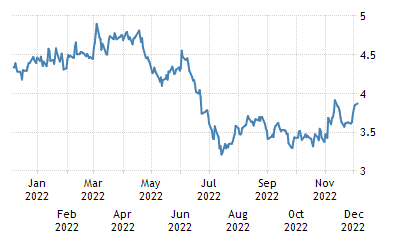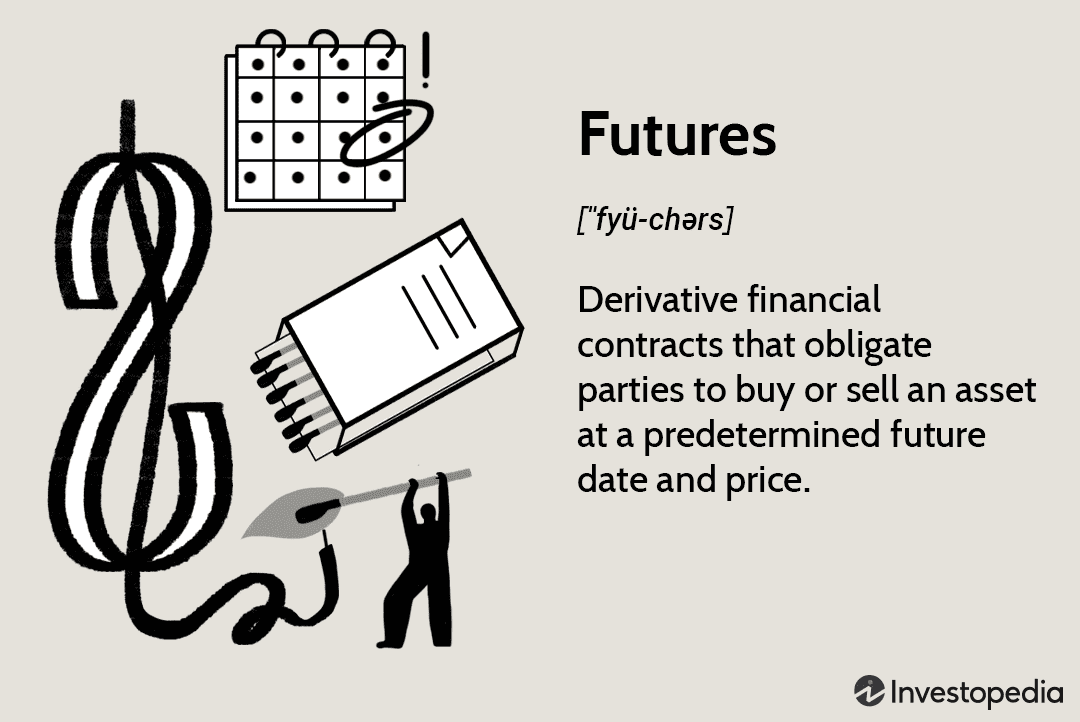
You will need to open a small account with low leverage when you first start trading forex. As you make more profits, you can grow your account. But larger accounts don't always translate into greater profits. In the beginning, keep your focus on one currency pair. After that, you can slowly expand. Ideally, you should keep the emotions in check. Here are some forex trade tips to get you started.
Long-term strategy for holding
A buy-andhold strategy for forex trading involves purchasing a currency to hold for a specified period. The rate of the currency may rise during this period, which could make the trader a profit. Unlike other trading strategies, the buy-and-hold strategy doesn't require a clear exit or entry criteria. You will need to select a reliable broker to make this strategy work.

Remaining calm and collected
Forex trading can be stressful. It is important to learn how to manage your emotions. This means taking breaks, putting rules into place, and engaging in mental exercises that help you remain calm. Your emotions do not control your trading decisions. It is vital to learn active management skills and build up chemistry reserves. You can't think clearly if your emotions affect your trading.
Choose a reliable broker
It is important to find a broker who offers multiple payment methods. E-wallets and credit cards are two of the most popular payment options. Brokerages that are trusted will support payment methods specific for each country. A good brokerage should not charge money-transfer fees. The more you understand forex trading, the greater your chances of success. This article focuses on the basics of selecting a forex broker.
Selecting a currency combination
Your trading strategy and your level of experience may dictate which currency pair you should focus on. However, if you are new to forex, you might consider trading in majors or minors. Exotics on the other side require you to know the details and are harder to trade. However, different currency pairs can yield profits if you stick to your strategy.

Selecting a trading platform
There are many forex trading platforms, both those developed by independent software engineers and brokers online. Your trading platform can have a significant impact on your profitability and ease-of-use. Choose a platform that offers all the features you need at a reasonable price. Try out as many different trading platforms as possible and read reviews of the best Forex broker platforms to decide which one works for you.
FAQ
How does inflation affect stock markets?
Inflation affects the stock markets because investors must pay more each year to buy goods and services. As prices rise, stocks fall. This is why it's important to buy shares at a discount.
What is an REIT?
A real-estate investment trust (REIT), a company that owns income-producing assets such as shopping centers, office buildings and hotels, industrial parks, and other buildings is called a REIT. These publicly traded companies pay dividends rather than paying corporate taxes.
They are similar to corporations, except that they don't own goods or property.
What is the role of the Securities and Exchange Commission?
SEC regulates brokerage-dealers, securities exchanges, investment firms, and any other entities involved with the distribution of securities. It enforces federal securities laws.
How can someone lose money in stock markets?
The stock market is not a place where you make money by buying low and selling high. It's a place where you lose money by buying high and selling low.
The stock market offers a safe place for those willing to take on risk. They would like to purchase stocks at low prices, and then sell them at higher prices.
They expect to make money from the market's fluctuations. They could lose their entire investment if they fail to be vigilant.
What is the difference?
Brokers are people who specialize in helping individuals and businesses buy and sell stocks and other forms of securities. They take care of all the paperwork involved in the transaction.
Financial advisors have a wealth of knowledge in the area of personal finances. Financial advisors use their knowledge to help clients plan and prepare for financial emergencies and reach their financial goals.
Banks, insurance companies and other institutions may employ financial advisors. They could also work for an independent fee-only professional.
It is a good idea to take courses in marketing, accounting and finance if your goal is to make a career out of the financial services industry. It is also important to understand the various types of investments that are available.
What's the difference among marketable and unmarketable securities, exactly?
The main differences are that non-marketable securities have less liquidity, lower trading volumes, and higher transaction costs. Marketable securities are traded on exchanges, and have higher liquidity and trading volumes. Marketable securities also have better price discovery because they can trade at any time. There are exceptions to this rule. For example, some mutual funds are only open to institutional investors and therefore do not trade on public markets.
Non-marketable security tend to be more risky then marketable. They have lower yields and need higher initial capital deposits. Marketable securities are usually safer and more manageable than non-marketable securities.
A large corporation may have a better chance of repaying a bond than one issued to a small company. The reason is that the former will likely have a strong financial position, while the latter may not.
Marketable securities are preferred by investment companies because they offer higher portfolio returns.
How do I invest my money in the stock markets?
You can buy or sell securities through brokers. Brokers buy and sell securities for you. Trades of securities are subject to brokerage commissions.
Banks charge lower fees for brokers than they do for banks. Banks are often able to offer better rates as they don't make a profit selling securities.
You must open an account at a bank or broker if you wish to invest in stocks.
If you use a broker, he will tell you how much it costs to buy or sell securities. He will calculate this fee based on the size of each transaction.
Ask your broker about:
-
The minimum amount you need to deposit in order to trade
-
Are there any additional charges for closing your position before expiration?
-
What happens if you lose more that $5,000 in a single day?
-
How many days can you maintain positions without paying taxes
-
What you can borrow from your portfolio
-
Transfer funds between accounts
-
What time it takes to settle transactions
-
The best way to sell or buy securities
-
How to Avoid Fraud
-
How to get help when you need it
-
whether you can stop trading at any time
-
What trades must you report to the government
-
How often you will need to file reports at the SEC
-
How important it is to keep track of transactions
-
What requirements are there to register with SEC
-
What is registration?
-
How does it affect me?
-
Who must be registered
-
When do I need to register?
Statistics
- Our focus on Main Street investors reflects the fact that American households own $38 trillion worth of equities, more than 59 percent of the U.S. equity market either directly or indirectly through mutual funds, retirement accounts, and other investments. (sec.gov)
- Individuals with very limited financial experience are either terrified by horror stories of average investors losing 50% of their portfolio value or are beguiled by "hot tips" that bear the promise of huge rewards but seldom pay off. (investopedia.com)
- "If all of your money's in one stock, you could potentially lose 50% of it overnight," Moore says. (nerdwallet.com)
- Ratchet down that 10% if you don't yet have a healthy emergency fund and 10% to 15% of your income funneled into a retirement savings account. (nerdwallet.com)
External Links
How To
How can I invest my money in bonds?
You need to buy an investment fund called a bond. You will be paid back at regular intervals despite low interest rates. These interest rates are low, but you can make money with them over time.
There are many different ways to invest your bonds.
-
Directly purchasing individual bonds
-
Buy shares of a bond funds
-
Investing with a broker or bank
-
Investing through an institution of finance
-
Investing through a pension plan.
-
Directly invest through a stockbroker
-
Investing through a Mutual Fund
-
Investing in unit trusts
-
Investing with a life insurance policy
-
Investing via a private equity fund
-
Investing in an index-linked investment fund
-
Investing with a hedge funds